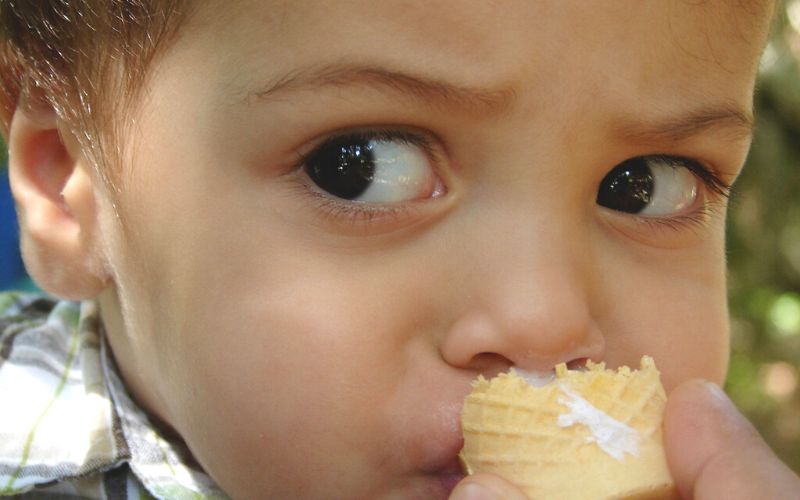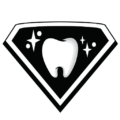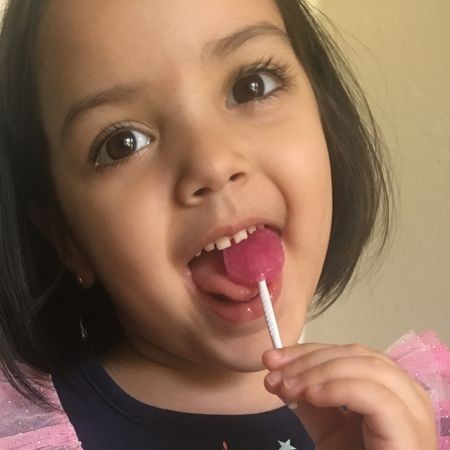Got a Sweet Tooth?
Your Dentist has a Few Tips
Everyone knows sweets and candy bad for teeth. Sticky sugar clings to enamel and feeds cavity-causing bacteria. But it’s not practical to avoid sugar completely– especially around many holidays like Valentine’s Day. Instead of just prohibiting kids from eating candy, we think it’s more important to teach them how to enjoy candy in a way that minimizes harm to teeth.

Drink Water with Your Treats.
Water helps clean out the remaining food particles and bacteria in the mouth. Fluoridated water will work even better to protect the enamel on teeth. Pairing candy with a sugary drink like soda or juice will only accelerate the damage.
Don’t Brush!
At least, not right away. If possible, rinse your mouth with water instead. Make sure that there’s no lingering bits of candy with some floss. Brushing immediately after eating candy can damage enamel that’s been weakened by sugar. Wait at least 30 minutes until brushing.
Candy isn’t a Snack.
Avoid snacking on sweets and candy. It’s better for your teeth to eat sugary foods at one time rather than constantly throughout the day. It’s important to teach kids about which foods are nutritious and filling for in-between meal snacks and which are “sometimes” treats.
Dessert is After Mealtime.
It’s best to eat candy after a meal because there’s more saliva in the mouth. Saliva helps balance the acidity produced by cavity-causing bacteria. It seems there’s a good reason that we have dessert at the end of the meal!
Choose Wisely.
Not all candy is equally bad for teeth. Chocolates, for example, aren’t as damaging as sour gummies. By learning more about how sugar hurts our teeth we can make better choices about which kinds we want to eat. Teach kids to read nutrition labels and take notice of the sugar content and serving size.
Moderation is key when eating sweets. You don’t have to completely avoid sugar, but you can be smarter about how you eat it. If we want our kids to grow up with healthy eating habits, it’s important that they understand why certain foods are better or worse for them. After all, “No candy!” rules will only ensure that a child avoids eating it in front of you.
Of course, it’s important to maintain proper brushing habits, have a professional checkup with the dentist at least twice a year, and consider protections like sealants and fluoride.



